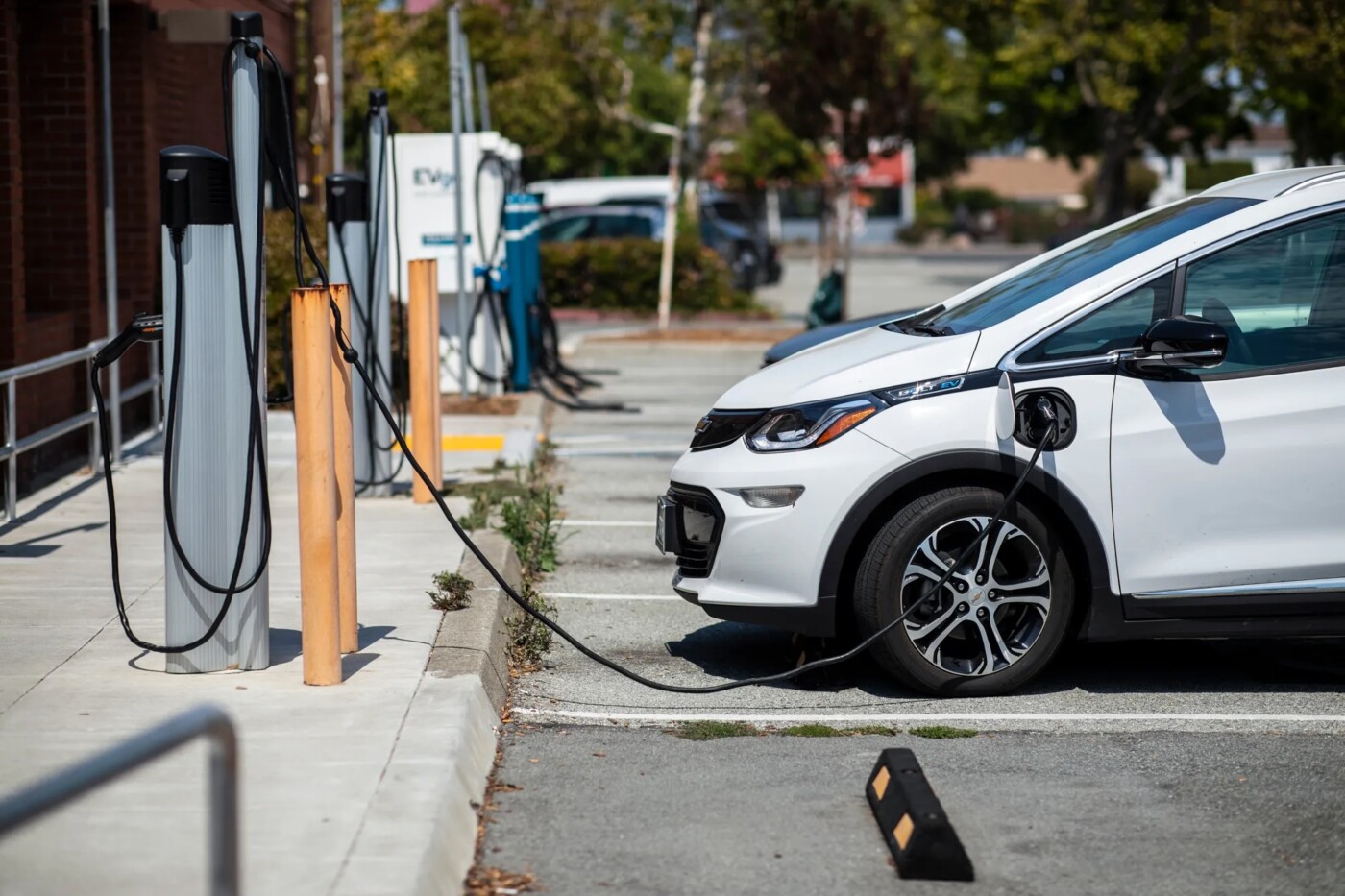In summary
Trump signed measures today revoking waivers for the state’s mandates that clean up car and truck exhaust and ramp up sales of electric vehicles. California and 10 other states immediately sued.
President Donald Trump this morning signed three measures that block California’s mandates to phase out gas-powered cars and clean up diesel trucks. And California immediately struck back with a lawsuit.
The move by Trump and Congress deals a substantial blow to the state’s aggressive transition to electric vehicles and could upend its decades-long authority to clean up its air pollution, which is the worst in the nation.
“We officially rescue the U.S. auto industry from destruction by terminating California’s electric vehicle mandate,” Trump said at the White House. “And they’re never coming back.” He said the state’s zero-emission car phaseout “has been a disaster for this country.”
Last month, Congress used the Congressional Review Act to revoke three waivers that the Biden administration granted to California. Trump’s signing makes that official. The dispute between California and the Trump administration and Congress highlights the growing political division over electric vehicles and air pollution policy.
Many legal experts, along with the Government Accountability Office and Senate Parliamentarian, said Congress has no authority to revoke the waivers.
California Attorney General Rob Bonta filed suit against Trump and EPA Administrator Lee Zeldin, arguing that it’s an unlawful use of the review act.
“Trump’s all-out assault on California continues – and this time he’s destroying our clean air and America’s global competitiveness in the process. We are suing to stop this latest illegal action by a President who is a wholly-owned subsidiary of big polluters,” Gov. Gavin Newsom said in a statement today.
Ten other states that are enforcing California’s emissions rules joined the lawsuit — Colorado, Delaware, Massachusetts, New Jersey, New Mexico, New York, Oregon, Rhode Island, Vermont and Washington.
Because of its highly polluted air, Congress gave California the power to set its own, more stringent vehicle standards in the 1967 Clean Air Act. Before now, the federal government has never blocked any of California’s dozens of rules.
Under California’s mandate, 35% of new 2026 model cars sold in the state must be zero-emissions, ramping up to 68% in 2030 and 100% in 2035. It builds on decades of tightening emissions standards for cars sold in the state.
Congress also blocked California’s 2020 Advanced Clean Trucks rule, an unprecedented measure that requires manufacturers to meet ramped-up targets for zero-emission heavy and medium-duty trucks for 2024 through 2035. A third vote revoked the waiver for a 2020 state regulation reducing nitrogen oxides — a key ingredient of smog — emitted by trucks and buses.
